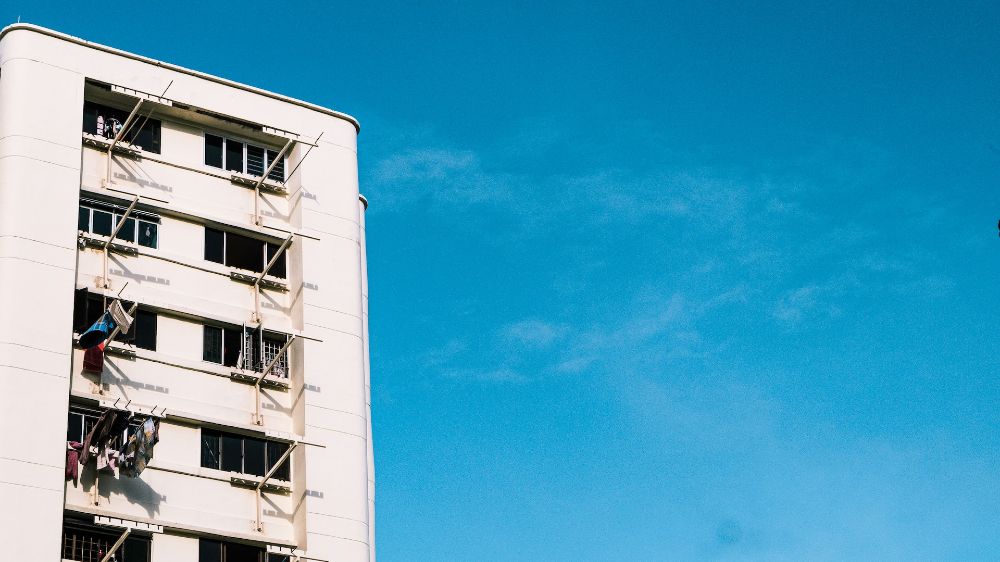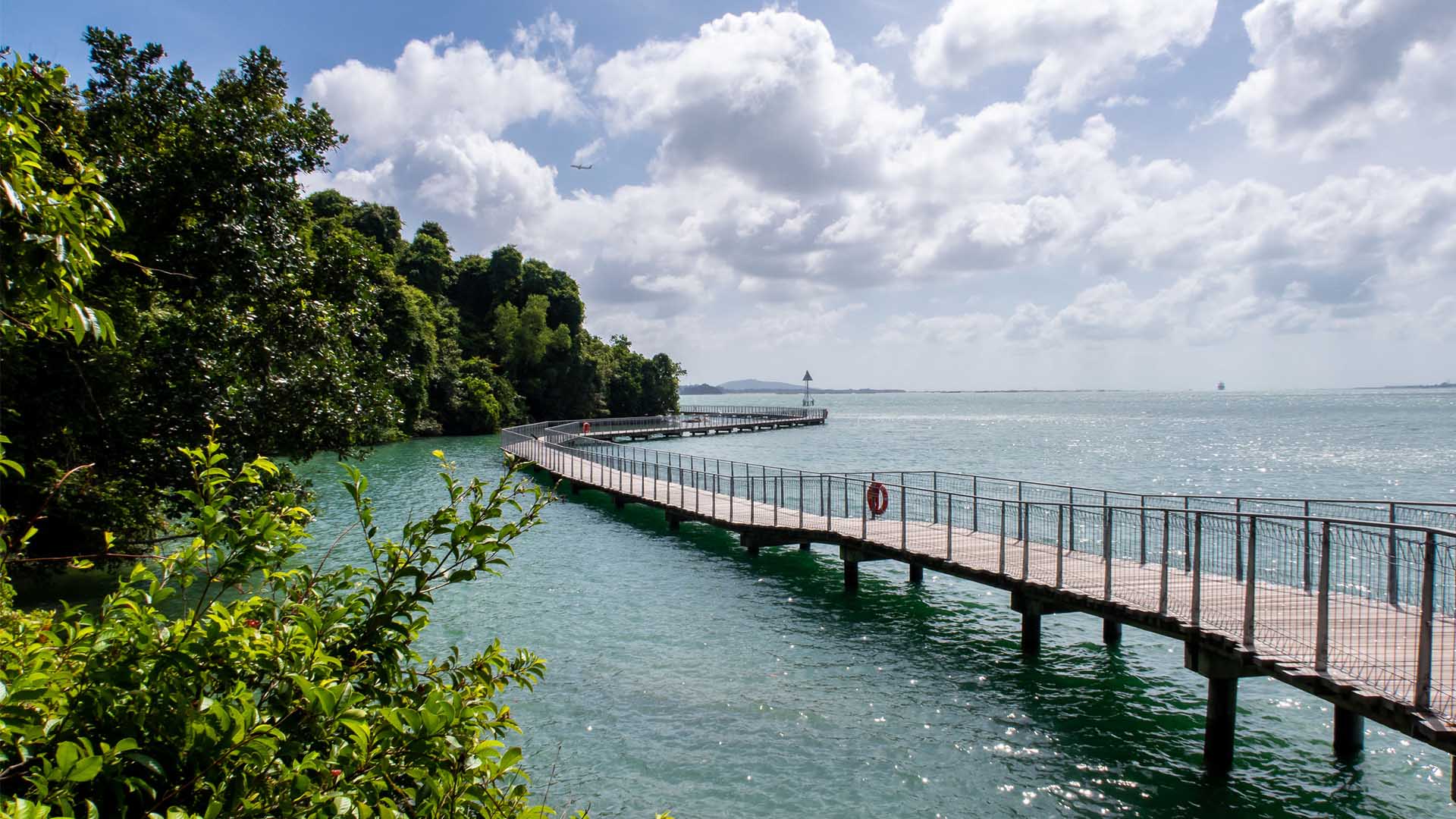Little Red Dot, Blue Planet, Green Guardians: How The SAF Protects The Earth
In order to meet the goals of the Singapore Green Plan 2030, the Ministry of Defence (MINDEF) and the Singapore Armed Forces (SAF) are ramping up their efforts to go green (insert your favourite “but they already wear Temasek Green” dad joke here).
Just like how any good fire-and-movement consists of three phases, the SAF is tackling this challenge with a three-pronged manoeuvre: reduce carbon emissions, reduce water consumption and reduce waste.
Of course, this depends on when replacements are available and cost-effective, “and without any loss of operational effectiveness, compromise in security or sharp rise in defence spending", said Minister for Defence Dr Ng Eng Hen.
But there are already plans afoot to ensure that we not only sustain a viable military defence force, but one that will help protect our planet as well.
Greening the infrastructure
One way of doing this is to have green buildings in camps and bases (and we don’t mean camouflage them).
We commissioned net zero energy buildings at Kranji and Seletar camps; buildings in 12 camps will have solar panels by Mar 2021. @TheRSAF’s hangar in Changi Air Base is a net positive energy hangar that generates 30% more electricity than it consumes. #SGBudget2020 #SustainableSG pic.twitter.com/To0h4aBXpy
— Ng Eng Hen (@Ng_Eng_Hen) March 2, 2020
MINDEF had already commissioned net zero energy buildings at Kranji and Seletar camps last year, and buildings in 12 SAF camps have had solar panels installed to generate power. More of these panels will be added to double the use of solar power, which according to reports, can generate enough electricity in a year to power 12,500 four-room households – that’s more than the half the number of flats in Bishan.
MINDEF also aims to attain the Green Mark Platinum Super-Low Energy standards for all new large and retrofitted buildings, which is expected to reduce carbon dioxide emissions by 40 per cent come 2030.
COS 2020 – A Greener SAFAs part of the Whole-of-Government efforts against climate change, Ministry of Defence, Singapore (MINDEF) and SAF are adopting new practices to reducing waste and CO2 emissions, but without any loss of combat effectiveness. We are on target to reduce our energy and water consumption. New buildings will be more energy efficient, several are net zero energy and The Republic of Singapore Air Force's new hangar for their A330 Multi-Role Tanker Transport will be the first net positive energy building – it generates 30% more electricity than it consumes. The new NS Hub, to be ready 2023, aims to be among the top 10% energy-efficient buildings in Singapore. We will replace administrative cars with hybrids, and later, electric vehicles. The uniform SAF soldiers wear just got greener.
Posted by Ng Eng Hen on Tuesday, 3 March 2020
Fewer car-borne emissions, too
Dr Ng also said that the Army will starts to replace its entire fleet of 400 administrative vehicles that chug petrol or diesel with hybrid ones by 2023, before having fully electric ones by 2030 – once enough charging facilities for these vehicles are set up. We’re talking up to a two-third reduction of carbon emissions per vehicle.
At sea, the Navy’s newer vessels like the Littoral Mission Vessels will have energy-efficient LED lights and ozone-free water-mist fire suppression systems. It will also explore using garbage converters to reduce waste volume. The RSAF will be trialling the use of green aviation fuel for some of its F-16s to test its efficacy and efficiency.
The SAF’s “Go Greener” movement is a structural and irreversible change, as part of the Whole-of-Government’s goals and...
Posted by Ng Eng Hen on Tuesday, 25 May 2021
Making new waves with water
When it comes to water, the idea is to reduce water consumption by 10 per cent. Not drinking water per se - which, you know, is essential to staying alive - but water used for things like washing vehicles and sanitation.
There have been rainwater harvesting systems already set up in selected camps, and these systems will continue to be rolled out wherever possible, along with water recycling systems that will also continue to be progressively upgraded.
Also, the water fittings in camps – like taps, piping and so on – will be replaced with more efficient ones that have at least three ticks under the Water Efficiency Labelling Scheme. (The more ticks means the less water is used.)
#SGBudget2021: Addressing climate change – MINDEF/SAF will meet SG Green Plan 2030 targets by reducing carbon emissions,...
Posted by Ministry of Defence, Singapore (MINDEF) on Monday, 1 March 2021
Don’t anyhow throw things away
You’ll also be encouraged to recycle whatever you can. Including drink cans. You’ll probably see an increase in the number of recycling bins in the camps and bases; even as the SAF starts to ramp up its recycling and repurposing of electronic waste, waste oil, chemicals and scrap metal.
Then there’s food wastage. While one of the best ways to not waste food is to not take more than what you can eat, other processes are already in place to manage food wastage. Right now, there are food segregation machines and recycling systems in 14 cookhouses where the segregated food waste is collected and sent to be processed into biogas for energy generation. By 2024, this idea is to have all cookhouses adopt this system.
If everything goes according to plan, such waste will be reduced by 30 per cent in 2030.
Do your very best
If there are two words that can describe this new attitude, it’s “take ownership”. Basically, the idea is that this plan will only work if everyone ensures that they do their part, from camp commanders all the way down.
Dr Ng has urged all units to be empowered to contribute its best efforts, saying that commanders should benchmark their unit against others, and make more informed decisions for a greener SAF.
Tackling #ClimateChange requires a long-term and consistent effort. Ministry of Defence, Singapore (MINDEF) will set up...
Posted by Ng Eng Hen on Sunday, 28 February 2021
Already, smart utility metering systems will be installed in all buildings, so that each unit knows how much it is producing in emissions, waste and water consumption. And there will be a new SAF Sustainability Office set up to guide and ensure the sustainability of these green efforts.
Who knows, maybe along the with Best Combat Unit competition, perhaps there could be a “Best Green Unit” competition, too. Whatever the measures taken though, one thing is clear: done correctly, the positive effects of going green – just like having a good total defence force – can sustain us in the long run.
We just need to make sure we get everything right in the short run.
For the latest updates on Wonderwall.sg, be sure to follow us on Facebook and Instagram. If you have a story idea for us, email us at [email protected].




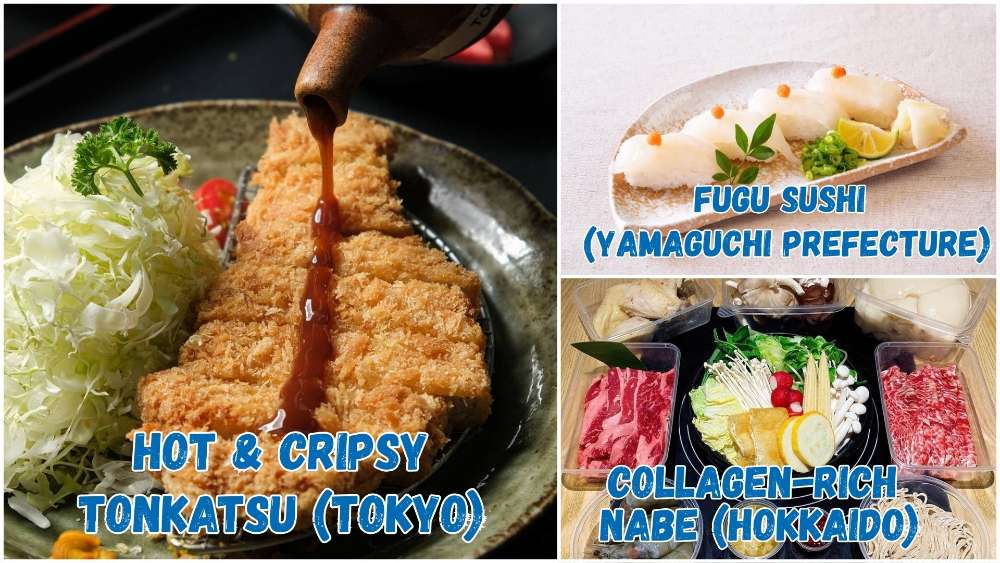


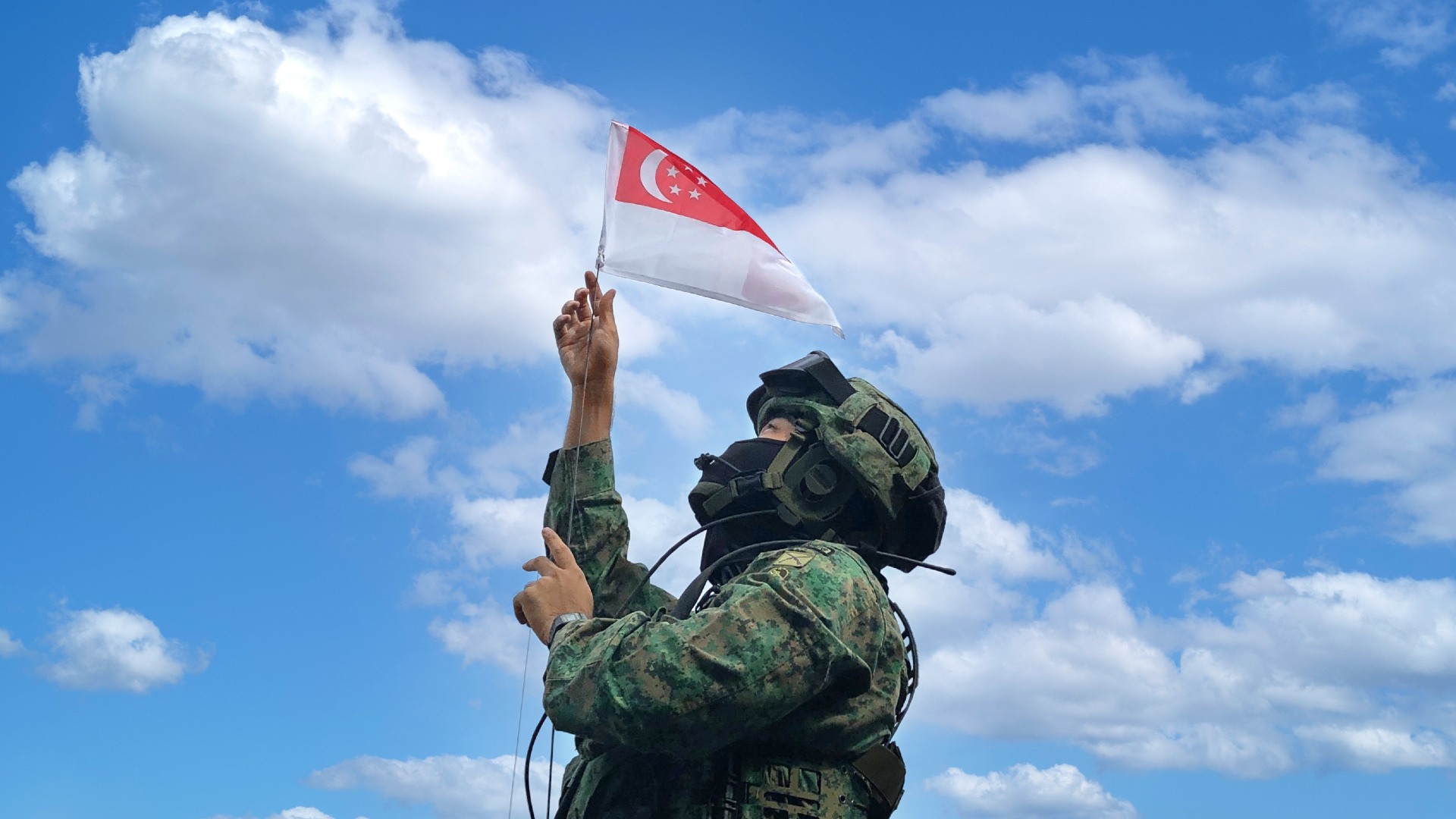
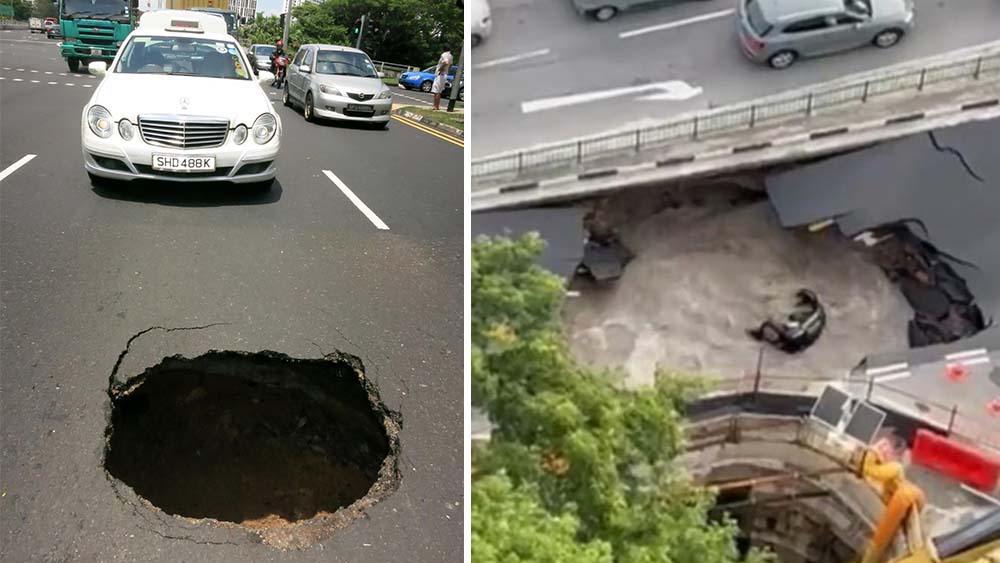
/eco_toys_rectangle.jpg?sfvrsn=a9a1d75a_1)
